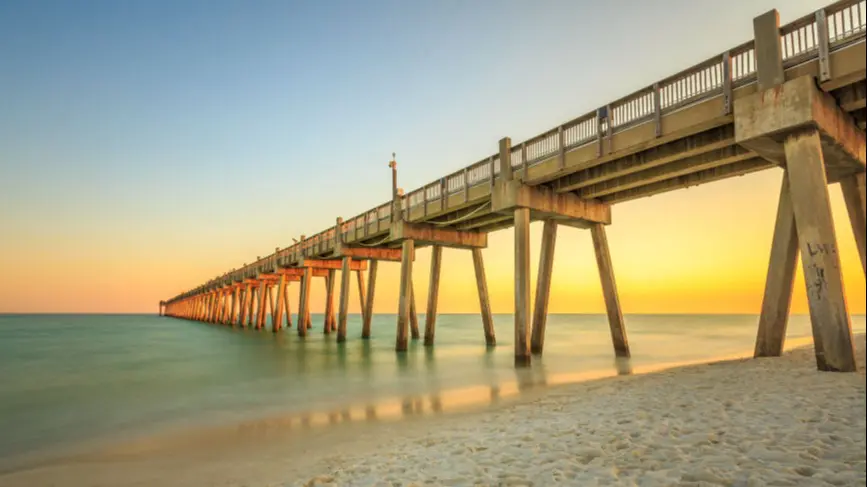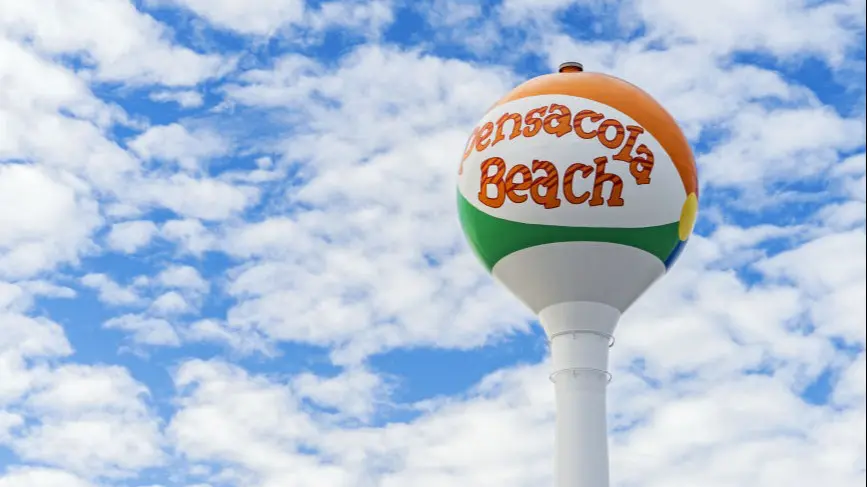Pensacola, Florida: Where Career Opportunities Meet Coastal Beauty and Vibrant Lifestyle
Pensacola, Florida, fondly known as the "City of Five Flags," is a destination of choice for medical professionals seeking the perfect blend of career opportunities, diverse natural beauty, and vibrant lifestyle. As you fly over Pensacola, you're welcomed by a breathtaking panorama of the sparkling Gulf of Mexico, the distinctive landscape of Pensacola Bay, and the city's pristine white-sand beaches, one of the world's best according to U.S. News & World Report. Positioned in the far western part of the Florida Panhandle, this Southern city is an integral part of the Southeast region of the United States.
Historically, Pensacola is known for its rich multi-cultural heritage, influenced by the five nations that have governed it throughout history - Spain, France, Great Britain, the United States, and the Confederate States. Furthermore, Pensacola is often recognized as "The Cradle of Naval Aviation," thanks to the Naval Air Station Pensacola, the initial training base for all U.S. Navy, Marine, and Coast Guard aviators.
The city is situated within a reasonable driving distance of several natural landmarks and attractions. To the east lies the Blackwater River State Park, a kayaker’s paradise, while to the north, you can explore the wilderness of Conecuh National Forest. The city's climate is a subtropical one, characterized by hot, humid summers and mild winters. On average, Pensacola enjoys over 220 sunny days each year, a major draw for sun-loving individuals.
Pensacola's economy thrives on a diverse mix of industries. Tourism is a significant sector, given its beautiful beaches, vibrant festivals, and historical attractions. However, the healthcare sector is also robust and rapidly expanding, offering ample opportunities for physicians.
Pensacola offers the idyllic beach lifestyle, yet it is not far removed from bigger cities. Mobile, Alabama is about an hour drive to the west, while the bustling city of Tallahassee is a few hours to the east. For farther travels, Pensacola International Airport provides non-stop flights to several major cities, ensuring you're always connected with the rest of the world.
The city's charm lies in its warm, welcoming community, diverse cultural experiences, and the blend of city and beach life. Its lower cost of living compared to many other Florida cities, coupled with its access to high-quality healthcare facilities, makes Pensacola an attractive destination for physicians looking for a fulfilling, balanced life.



